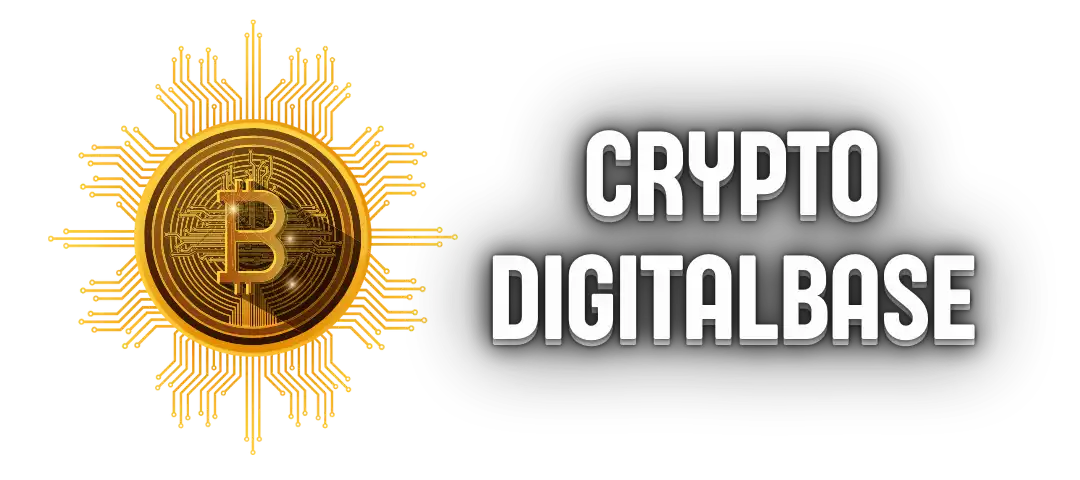Initial Coin Offerings (ICOs) have emerged as a popular method for private companies and blockchain projects to raise money through the creation and sale of ICO tokens. An ICO works by allowing investors to participate in a token sale, where they can purchase tokens issued by the company at a preset price.
These tokens are typically bought using a crypto wallet, and the company can set a specific number of tokens available for sale. ICOs can be structured in various ways; for example, an ICO can have a static number of tokens or a flexible structure to meet different funding needs.
ICOs offer a unique investment opportunity, similar to traditional crowdfunding, allowing investors to support innovative projects at an early stage. A notable ICO was one that raised over a million dollars in 2014, showcasing the potential for significant fundraising.
However, the ICO market has also seen its share of challenges, including instances of ICO fraud, where projects failed to deliver on their promises. Despite these risks, ICOs continue to attract investors, particularly through private ICOs that target a select group of investors. As the ICO concludes, tokens are often listed on crypto exchanges, providing liquidity and the potential for returns on investment.
What is an ICO?
Definition and Concept
An Initial Coin Offering (ICO) is a fundraising method used by new projects or companies to raise funds for a new cryptocurrency project. It involves the creation and sale of a new digital token or cryptocurrency to early investors in exchange for cryptocurrencies like Bitcoin or Ethereum. ICOs have gained popularity in the world of cryptocurrencies due to their decentralized nature.
How do ICOs work?
During an ICO campaign, the company or project launching the ICO will issue tokens on a blockchain platform. These tokens may represent a stake in the company, a digital asset, or a security token. Investors participate in the ICO by purchasing these tokens with cryptocurrencies. The amount of tokens received in the ICO determines the overall price and the investors’ stake in the new project.
Examples of Initial Coin Offerings
Some successful ICOs in the past include Ethereum’s ICO where the project raised funds to develop its blockchain platform. Investors who participated in the ICO received Ethereum tokens at a predetermined price. The success of Ethereum’s ICO paved the way for many other ICOs in the crypto space.
Advantages and Disadvantages of ICOs
Benefits of ICOs
One of the key advantages of ICOs is the ability for startups to raise money quickly and efficiently without the need for traditional intermediaries. It allows companies to access a global pool of potential investors and raise funds for their new product or service. ICOs also offer investors the opportunity to participate in early-stage projects and potentially profit from their success.
Risks and Challenges
However, ICOs also come with risks such as regulatory uncertainties, market volatility, and the potential for fraudulent activities. Investors in ICOs may face the risk of losing their investments due to the lack of regulation in the ICO space and the prevalence of scams.
Regulatory Concerns
The Securities and Exchange Commission (SEC) has raised concerns about the lack of regulation in the ICO market. The SEC aims to protect investors from fraudulent activities and ensure compliance with securities laws. Compliance requirements for ICOs continue to evolve as regulators try to strike a balance between encouraging innovation and protecting investors.
ICO vs. IPO: Key Differences
Overview of Initial Public Offerings
Unlike ICOs, Initial Public Offerings (IPOs) involve the sale of shares in a company to the public. Companies going public through an IPO offer ownership stakes in the company to investors in exchange for capital. IPOs are regulated by securities laws and overseen by regulatory bodies.
Comparing ICOs and IPOs
The main difference between ICOs and IPOs lies in their regulatory framework and investor protection mechanisms. While ICOs are relatively unregulated and open to a wider pool of investors, IPOs are subject to rigorous scrutiny and compliance requirements to protect investors’ interests.
Impact on Investors and Companies
Investors participating in ICOs may have the opportunity to invest in high-risk, high-reward projects with the potential for significant returns. However, this comes with the risk of losing their investment due to the lack of regulatory oversight. Companies opting for ICOs can raise funds quickly but face challenges in building trust with investors due to the prevalence of scams in the ICO space.
ICO Scams: How to Avoid Fraudulent Activities
Recognizing Red Flags
Investors should be cautious of ICO projects that promise unrealistic returns, lack transparency in their whitepapers, or have unclear fundraising goals. Recognizing red flags early on can help investors avoid falling victim to fraudulent activities.
Regulatory Actions and Safeguards
Regulators have taken steps to protect investors from ICO scams by issuing warnings, conducting investigations, and taking legal action against fraudulent projects. Investors are advised to research thoroughly, conduct due diligence, and seek advice from financial professionals before participating in any ICO.
Tips for Secure Participation
To safeguard their investments, participants in ICOs should only engage with reputable projects, verify the credentials of the project team, and ensure compliance with legal and regulatory requirements. By exercising caution and due diligence, investors can minimize the risks associated with ICO participation.
ICO Regulations and Compliance
Role of SEC in ICOs
The Securities and Exchange Commission plays a crucial role in regulating ICOs to protect investors and maintain market integrity. The SEC oversees security offerings in the ICO space and enforces compliance with securities laws to prevent fraudulent activities and safeguard investors’ interests.
Compliance Requirements
ICO issuers are required to adhere to specific compliance requirements set forth by regulatory authorities to ensure transparency, investor protection, and legal compliance. By meeting these requirements, ICO projects can build trust with investors and promote market confidence.
Impact of Lack of Regulation
The lack of regulation in the ICO market poses challenges for investors and companies alike, leading to increased risks of scams, market manipulation, and fraudulent activities. Regulators are working towards establishing clear guidelines and frameworks to address the gaps in regulation and enhance investor protection in the ICO space.
Conclusion
In conclusion, an Initial Coin Offering (ICO) represents a novel form of crowdfunding that leverages blockchain technology to raise money through the creation and sale of crypto tokens. ICOs can offer a compelling way for blockchain projects and decentralized applications to secure funding by issuing tokens to investors. To launch an ICO, a company typically prepares a whitepaper detailing the project’s vision, the token offering, and the ICO structure, which can be either static or dynamic in terms of the number of tokens and their price.
ICOs gained significant traction, particularly in 2021, with numerous projects successfully raising millions. For instance, one ICO raised over a million dollars in 2014, highlighting the potential for substantial fundraising. However, ICOs also come with significant risks, including regulatory challenges, market volatility, and the possibility of fraud, as seen in the cases of China and South Korea imposing strict regulations on ICO activities.
Investors participate in an ICO by transferring funds to a specific wallet address provided by the issuing company, with the issued tokens often listed on cryptocurrency exchanges post-ICO. While ICOs can provide substantial returns, the risks associated with ICOs must not be overlooked. The ICO market has evolved, leading to the emergence of Initial Exchange Offerings (IEOs) and Security Token Offerings (STOs) as alternative fundraising mechanisms. Despite the potential rewards, the success of an ICO depends on a well-structured offering, a credible project, and a transparent execution plan to attract and assure investors.





